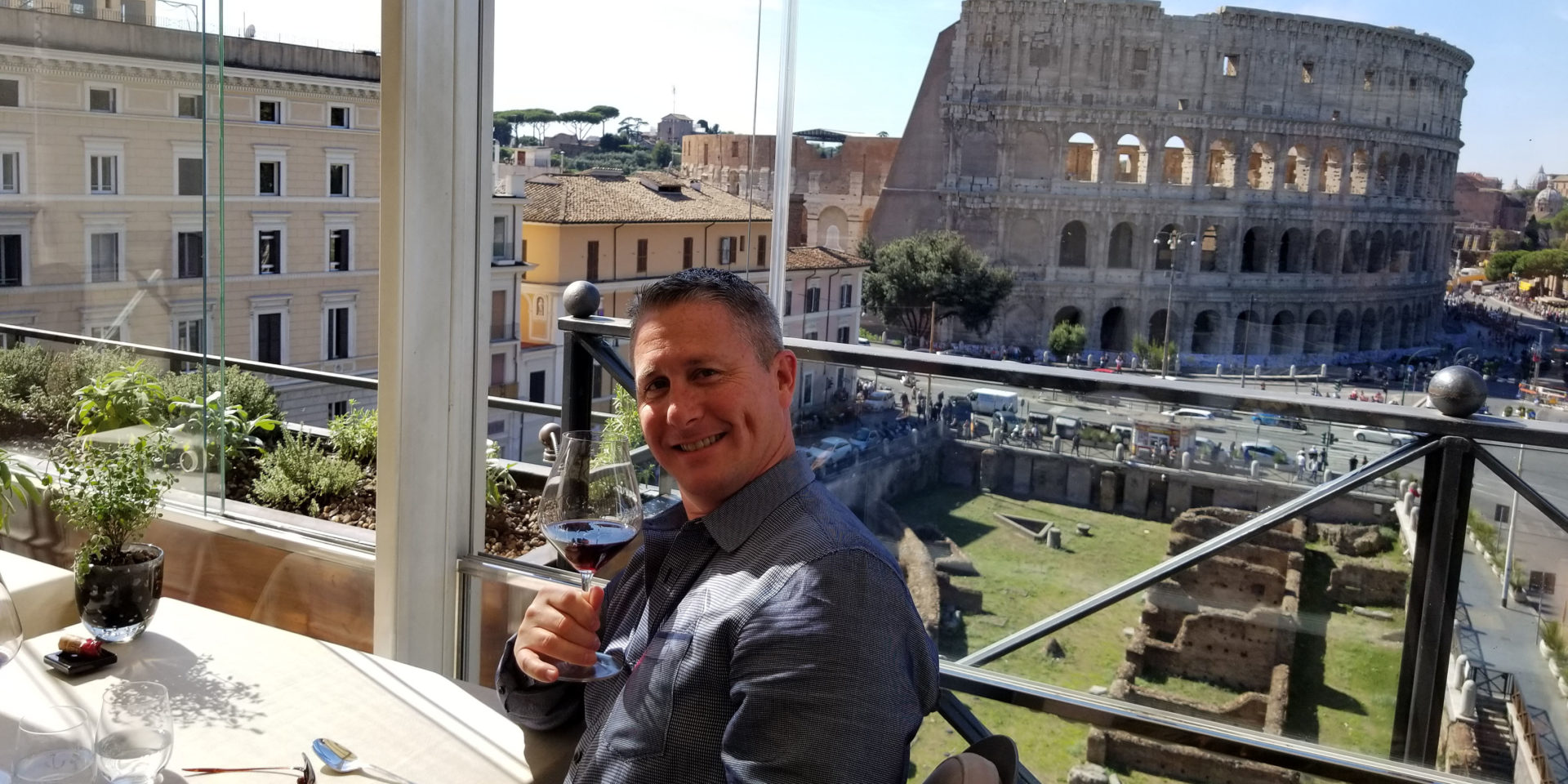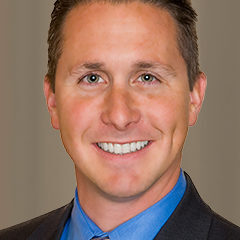
Guest service around the globe
I have been fortunate enough to be able to travel overseas and throughout the United States this last year, and I have discovered that there is a common language we all share and understand. It is simply in the way that we give and receive hospitality. No matter if I was ordering gelato in Italy, tea in London, a pizza in Chicago, a latte in Vancouver, Canada, or barramundi in Sydney, Australia, I received more than food or beverage. I received service. Hospitality service!
A month prior to my trip to Rome, I began learning basic Italian on a phone app touting that you can learn the language in six weeks. As I was only staying a week, I felt that my crash course would be enough to get me by. Politely asking for a glass of wine and ordering my meal was an important skill that I needed to master. Being able to then ask where the bathroom is, quickly became the second most important question I learned to ask in Italian.
Flying into London on a return to Seattle, I was far more confident that I could master the important questions to get me through this very international city. Although I quickly realized that English was not the same as American, and I needed to learn the nuances of ordering food in England as well.
Even in Chicago, where my binge-watching of The Sopranos couldn’t get me fully versed in the local language, but I figured out how to order the best pizza in the world, unless you are in New York. Fugettaboutit!
Even between the Commonwealth countries of Canada and Australia, English has its own local flair, and unless you finish with an “Eh” in Vancouver or start with a “G’day” on the Gold Coast, you will certainly be labeled as a visitor in both.
But what I found to be the most common and understood of all was the hospitality that I received in each place. Good or bad, it is the same throughout the world. Great service is met with a smile and a welcome, and finished with a thank you and invitation to return. No matter how uncomfortable I felt as a tourist (who really didn’t understand the local language or customs), the restaurants, as well as the hotels, travel desks, grocery stores and entertainment venues that were exceptional all knew that the product was not the only thing I purchased.
Each venue knew that I was in their “home,” and for that brief period of time, it didn’t matter that I was from another country. They were going to make me feel welcome and like I was the most important person at that very moment. Providing great food and beverages from professionals in the service industry can be understood and appreciated without ever learning the language. It simply is great hospitality.
As this world becomes smaller and smaller, traveling to other countries or having visitors from around the world come to your property, brush up on the most important language you can … hospitality.
Three areas for properties to focus on:
1. Know your guest.
Even if you don’t cater to their specific palate, understand that visitors from other parts of the United States or from another country are looking to you to feed their needs with great food, beverages and service. Try incenting your team to anticipate what your guests might want, and give them some freedom to go the extra yard for the benefit of hospitality.
2. Make it easy.
Menu descriptions and pictures can assist in helping out-of-towners with ordering and feeling comfortable at your property. Have options where guests who are less comfortable can just “grab and go” with packaged items. Consider having customizable menus in certain venues to accommodate specific needs of guests. Dietary needs are only one option; others include catering to younger or older diners where certain types of food are needed. Learn where your guests are from and try to adapt menu items if possible.
3. Smile.
The power of a smile makes all the difference when making guests feel comfortable. It is the simplest of skills that makes a significant difference in a hospitality environment, but the one that is often missed the most. A warm welcome and a sincere thank you at the end – always with a smile. This must be a part of the uniform requirement for all team members. Clean shirt, name tag, smile.







